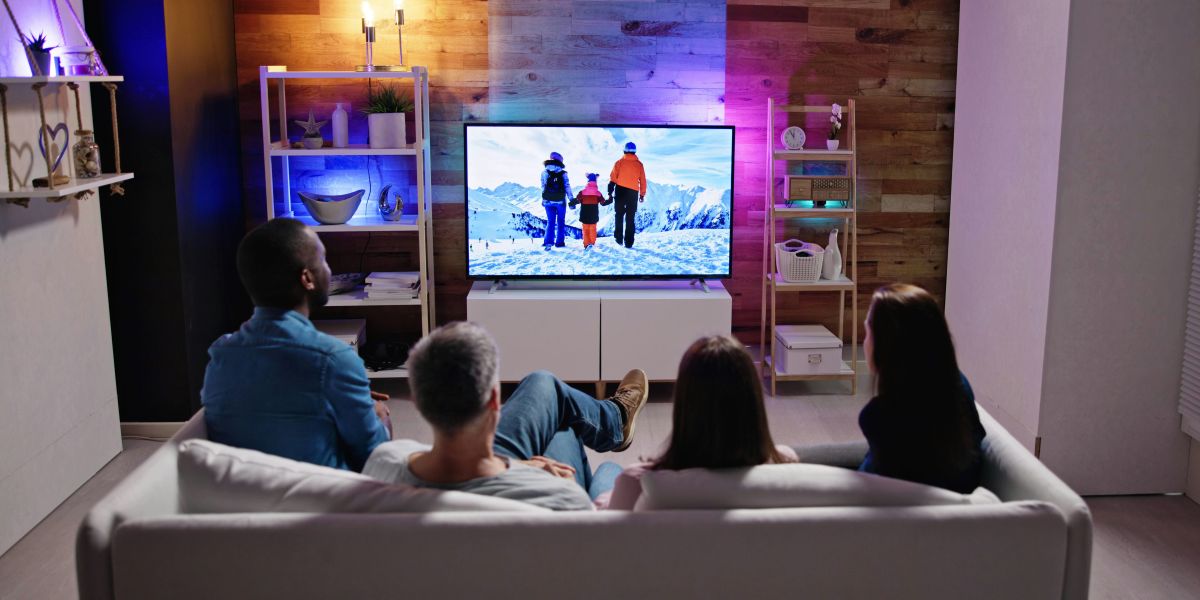The portrayal of nerds in film has evolved significantly over the years. Modern cinema presents a more diverse and nuanced characterization of nerds, moving beyond the stereotypical portrayals of the past. This article explores how nerds are characterized in modern film, highlighting the changes in their representation and the impact on audience perceptions.
Evolution of the Nerd Archetype
In earlier films, nerds were often depicted as socially awkward, introverted, and physically unimposing individuals obsessed with academics or niche hobbies. These characters were usually portrayed as outcasts or comic relief, reinforcing negative stereotypes. However, modern films have started to depict nerds with more complexity, presenting them as multifaceted individuals with a range of interests and personalities.
The shift towards positive representation is evident in the way modern films highlight the strengths and talents of nerd characters. Rather than being solely defined by their social awkwardness, modern nerds are shown as intelligent, resourceful, and passionate. This change has contributed to a more balanced and respectful portrayal, helping to break down old stereotypes.
Diverse Interests and Skills
Modern films often showcase nerd characters who excel in science, technology, engineering, and mathematics (STEM). These characters are depicted as innovators and problem-solvers, reflecting the growing importance of technology in contemporary society. Films like “The Social Network” and “Iron Man” highlight the achievements and contributions of tech-savvy nerds, presenting them as trailblazers and heroes.
While academic excellence remains a common trait, modern nerd characters are also shown to have diverse interests beyond traditional academic pursuits. They are often passionate about pop culture, gaming, comics, and other hobbies that were once considered niche. This broader representation helps to humanize nerds and make them more relatable to a wider audience.
Breaking Social Norms
Modern films have made significant strides in challenging gender stereotypes associated with nerds. Female nerd characters are now more prevalent and are portrayed with the same depth and complexity as their male counterparts. Movies like “Hidden Figures” and “The Big Bang Theory” feature strong, intelligent women who excel in STEM fields, breaking down the gender barriers traditionally associated with nerdy interests.
There is also a growing emphasis on inclusivity in the portrayal of nerds. Characters from diverse racial, ethnic, and cultural backgrounds are being represented as nerds, reflecting the real-world diversity of individuals who identify with this subculture. This inclusive approach helps to promote acceptance and understanding, making the portrayal of nerds more authentic and relatable.
Social Dynamics and Relationships
Modern films often depict nerds in leadership roles, showcasing their ability to inspire and guide others. Characters like Tony Stark from “Iron Man” and Mark Zuckerberg from “The Social Network” are portrayed as visionary leaders who use their intelligence and skills to make a significant impact. This representation challenges the notion that nerds are always followers or sidekicks, highlighting their potential for leadership and influence.
The portrayal of nerds in romantic relationships has also evolved. Modern films often depict nerd characters as desirable and capable of forming meaningful relationships. This shift is evident in movies like “Spider-Man” and “The Fault in Our Stars,” where nerdy protagonists are shown experiencing love and emotional connection. This representation helps to normalize nerds as complete individuals with emotional depth and relational capabilities.
Cultural Impact
The evolution of nerd characters in modern film has had a significant impact on societal perceptions. By presenting nerds as complex, talented, and relatable individuals, films have helped to reduce the stigma associated with being a nerd. This shift has contributed to a greater acceptance and appreciation of nerd culture in mainstream society.
Positive and diverse portrayals of nerds in film also serve as inspiration for younger audiences. Seeing characters who are passionate about STEM, technology, and other nerdy interests can motivate young viewers to pursue their own interests and ambitions. This representation can play a crucial role in encouraging future generations to embrace their unique talents and passions.
The characterization of nerds in modern film has come a long way from the one-dimensional stereotypes of the past. Today, nerds are depicted as intelligent, resourceful, and multifaceted individuals with diverse interests and abilities. This evolution reflects broader societal changes and contributes to a more inclusive and positive portrayal of nerd culture. By continuing to present nerds in a nuanced and respectful manner, modern films help to foster greater acceptance and understanding, making a lasting impact on audiences around the world.








